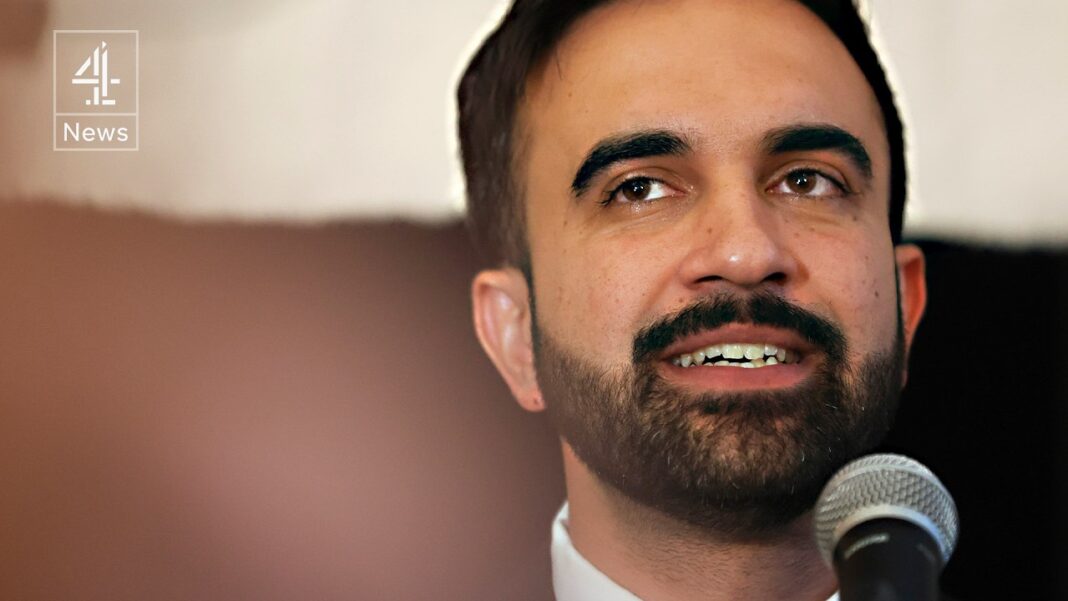The president said that the administration can now implement policies on birthright citizenship, funding cuts, transgender procedures, and more.
President Donald Trump said Friday that a number of his administration’s policies can move forward following a U.S. Supreme Court order on Friday that blocked nationwide injunctions in some cases.
Speaking at a White House press conference, the president said that due to the decision, the administration “can now probably file to proceed with these numerous policies and those that have been wrongly enjoined on a nationwide basis.”
That includes policies on “birthright citizenship, ending sanctuary city funding, suspending refugee resettlement, freezing unnecessary funding, stopping federal taxpayers from paying for transgender surgeries, and numerous other priorities of the American people,” he said.
“We have so many of them. I have a whole list.”
The Supreme Court did not issue a ruling on the underlying constitutionality of the order to suspend automatic birthright citizenship for the children of illegal immigrants. The cases on birthright citizenship will now return to lower courts, where judges will have to decide how to tailor their orders to comply with the high court ruling
Justice Amy Coney Barrett wrote the opinion for the 6–3 majority. Enforcement of Trump’s policy, which was signed as an executive order in January, cannot take place for another 30 days, Barrett wrote.
Regarding nationwide injunctions, Barrett wrote that the “government’s applications for partial stays of the preliminary injunctions are granted, but only to the extent that the injunctions are broader than necessary to provide complete relief to each plaintiff with standing to sue.”
Alongside Trump on Friday, Attorney General Pam Bondi told reporters that the Supreme Court may take up the case of whether ending automatic birthright citizenship is constitutional in October, when the Supreme Court’s next term starts.
Bondi said, however, that the Supreme Court’s ruling on Friday “indirectly impacts every case in this country,” and that her office is “thrilled” with the development.
“If there is a birthright citizenship case in Oregon, it will only impact the plaintiff in Oregon and not the entire country,” she added, providing an example.







